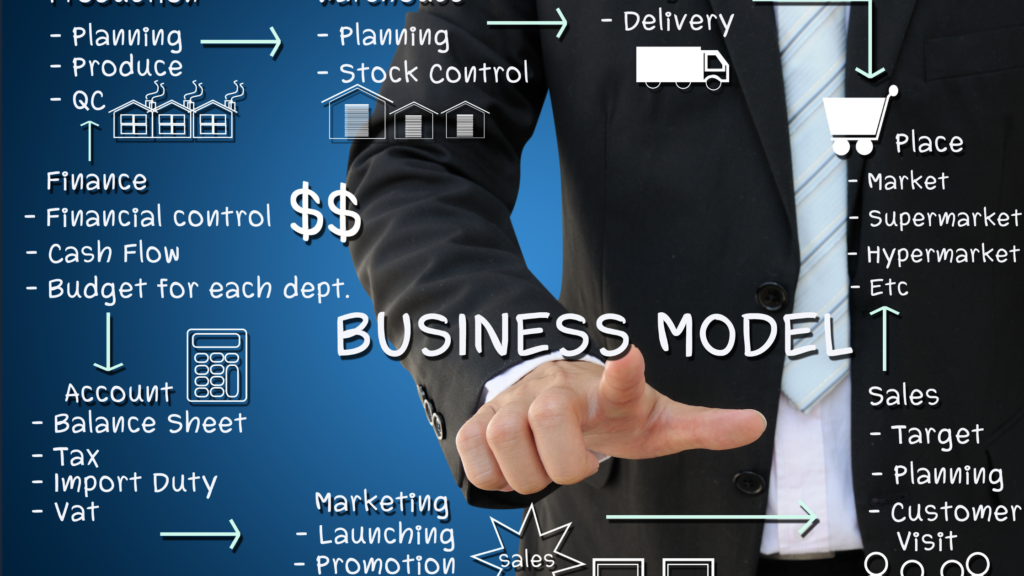Building a Sustainable Business Model for Success
In an era where environmental and social consciousness is increasingly influencing consumer and investor decisions, crafting a sustainable business model is more crucial than ever. For organizations like Bottom Billion Corporation (BBC), which are dedicated to promoting economic development and sustainability, adopting such models is not just beneficial but essential. A sustainable business model integrates economic viability with social and environmental responsibility, ensuring long-term success and resilience. This article explores the fundamental aspects of sustainable business models, strategies for implementation, and the far-reaching benefits they offer to businesses and society. strategies for implementation, and the benefits it brings to businesses and society. Understanding Sustainable Business Models A sustainable business model integrates environmental, social, and economic considerations into the core strategy of a company. It ensures that business operations do not deplete natural resources or harm communities but rather contribute positively to society and the planet. Key Components of a Sustainable Business Model Environmental Responsibility Implementing eco-friendly practices such as reducing waste, conserving energy, and using renewable resources. Social Responsibility Ensuring fair labor practices, promoting diversity and inclusion, and contributing to community development. Economic Viability Creating a business model that is financially sustainable, generating profit while maintaining ethical standards. Strategies for Building a Sustainable Business Model Incorporate Sustainability into the Core Mission Align the company’s mission and values with sustainability goals. Engage Stakeholders Collaborate with employees, customers, suppliers, and communities to promote sustainable practices. Invest in Sustainable Technologies Adopt technologies that enhance resource efficiency and reduce environmental impact. Develop Sustainable Products and Services Create products that are eco-friendly and meet the needs of conscious consumers. Measure and Report Sustainability Performance Regularly monitor, assess, and report on sustainability metrics to ensure continuous improvement. Benefits of a Sustainable Business Model Enhanced Brand Reputation Businesses known for their commitment to sustainability often enjoy a stronger brand image and customer loyalty. Cost Savings Implementing energy-efficient practices and reducing waste can lead to significant cost savings. Attracting Investment Investors are increasingly interested in companies with strong sustainability credentials, recognizing the long-term value they offer. Risk Management Sustainable practices help businesses mitigate risks related to environmental regulations, resource scarcity, and social issues. Innovation and Growth Focusing on sustainability drives innovation, leading to new products, services, and market opportunities. Building a sustainable business model is not just an ethical choice but a strategic one that drives long-term success. By incorporating sustainability into their core mission, engaging stakeholders, investing in sustainable technologies, and developing eco-friendly products, businesses can create positive impacts on the environment and society. The benefits of a sustainable business model, from enhanced brand reputation to cost savings and risk management, make it a wise investment for any forward-thinking company. Bottom Billion Corporation is committed to supporting businesses in their journey toward sustainability, ensuring a brighter future for all.
Building a Sustainable Business Model for Success Read More »


